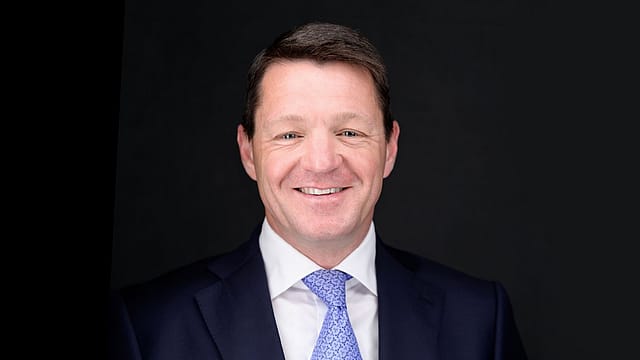India's aviation market incredibly price competitive: IndiGo CEO
ADVERTISEMENT

The Indian aviation market is incredibly competitive in terms of prices as value-conscious consumers are demanding and always up for a good deal, according to IndiGo chief executive officer Pieter Elbers.
India is geographically well-placed to have global aviation hubs like Singapore and those in the Middle East as 65% of the world population lives within 5-6 hours of flying time from India, Elbers says at a convention organised by the All India Management Association.
The sheer range that one can operate out of Delhi and Chennai speaks a lot to the potential of India, he says.
Comparing India's aviation market with China, Elbers says there are around 750 aircraft in India for a population of about 1.4 billion. In China, with a similar population, there are around 3,500 aircraft, highlighting that India is still under-served in terms of aviation.
These comments come three months after India's largest carrier placed the biggest-ever aircraft order with French aerospace giant Airbus at the Paris Air Show. IndiGo signed a deal to buy 500 Airbus A320 aircraft, giving it a steady stream of deliveries between 2030 and 2035.
"No airline in the world has placed an order of this magnitude — a 500-plane order from a single supplier. The airline will have a steady flow of aircraft which means it will induct an aircraft each week," says Elbers.
IndiGo operates over 300 aircraft and has previous orders of 480 aircraft which are yet to be delivered. With this additional order of 500 aircraft for 2030-2035, the airline's order book has almost 1,000 aircraft yet to be delivered well into the next decade. The order book comprises a mix of A320neo, A321neo, and A321XLR aircraft.
Elbers says IndiGo will double its size by the end of 2030, transforming it from a domestic carrier to a global aviation giant.
IndiGo is the seventh largest carrier in the world in terms of daily departures and flies over 3 lakh passengers a day to a network of over 100 destinations, including 32 international cities. It operates around 1,900 flights every day. "Last year, we flew 86 million passengers. This year we expect to fly 100 million passengers. That may look like a lot of people. But we are aware of the number of people travelling by trains – a billion a year," Elbers says, adding that the aspiration to travel will continue to grow.
Elbers says only 8-9% of Indians today have a passport. "India's demographics present a large young and affluent market," he says.
According to Elbers, India can and will develop its own manufacturing bases. "Already, we see some examples of some great companies working in hi-tech aerospace," he says.
On second airports eating into revenues of the existing ones, Elbers says most of the top 20 cities in the world have a dual airport system. "We will soon have a new airport in Delhi and another one in Mumbai. The second airport in Goa demonstrated that it did not have any negative effects or any downside for the existing airport," he says.
InterGlobe Aviation, the parent of IndiGo, posted a record profit of ₹3,090 crore in the April-June quarter of the ongoing fiscal, aided by strong passenger load factor and falling fuel costs. The seventeen-year-old airline, which started with a single flight on the Delhi-Guwahati route, has one of the world's youngest aircraft fleets.